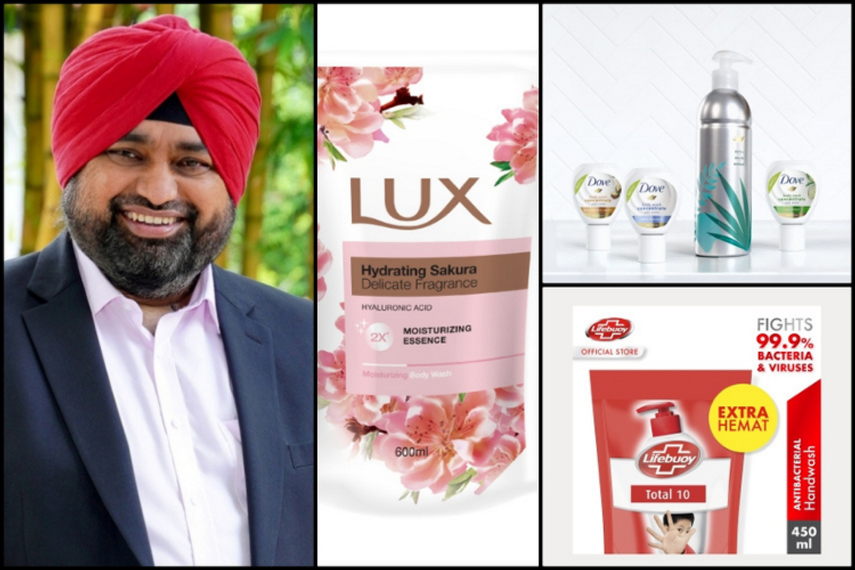
Please sign in or register
Existing users sign in here
Having trouble signing in?
Contact Customer Support at
[email protected]
or call+91 22 69489600
In his first interview since becoming Unilever's global personal care CMO, he details how the consumer goods giant is evolving hygiene products into wellness products and is embedding sustainability in its brands while facing growing local competition

Contact Customer Support at
[email protected]
or call+91 22 69489600
Top news, insights and analysis every weekday
Sign up for Campaign Bulletins
LLMs today need to speak a variety of languages, not just English with an accent.
Employees are still looking for clarity around new policies regarding return-to-office, severance and more.
The deal looks to be worth over $80 billion, but faces antitrust resistance.
The review is at the chemistry stage.